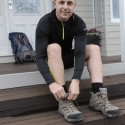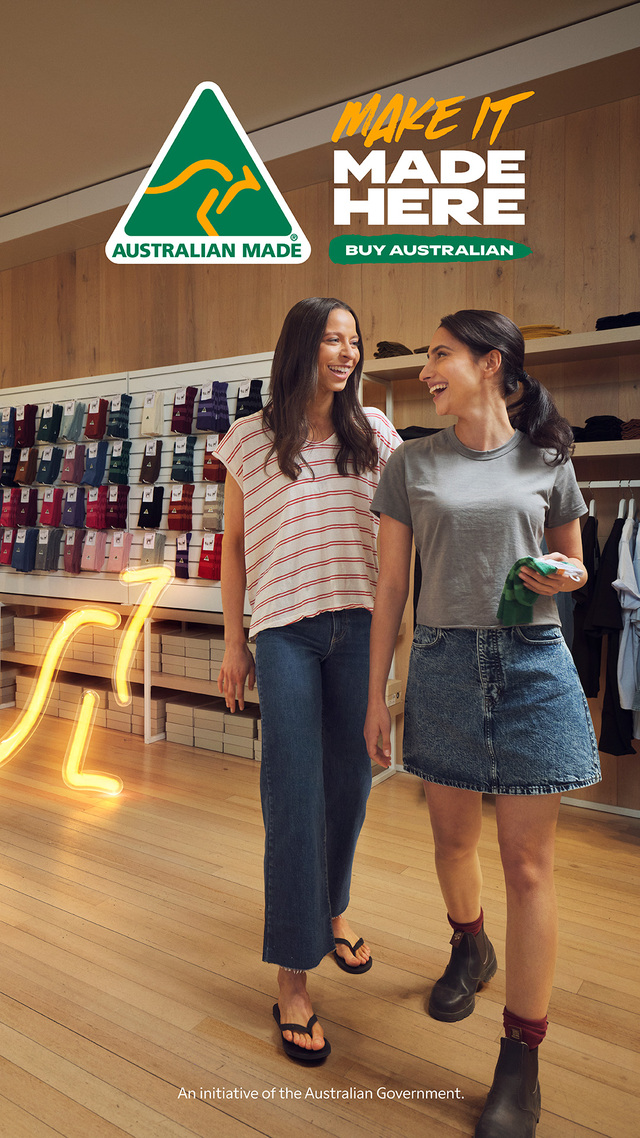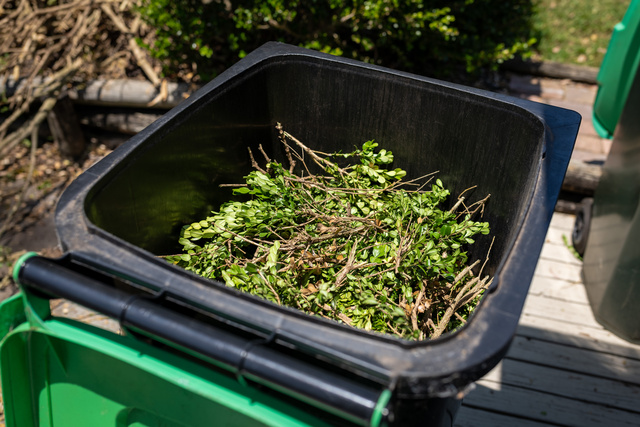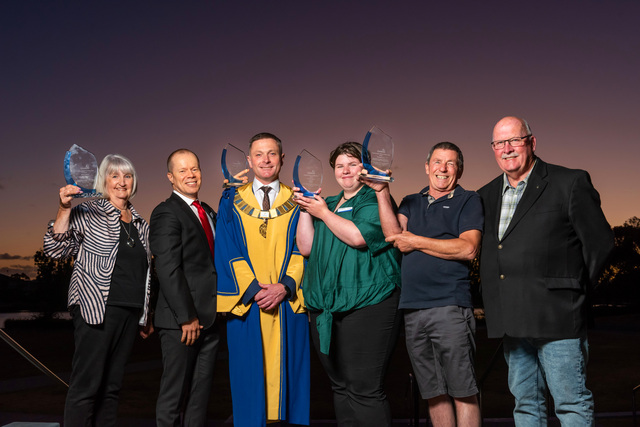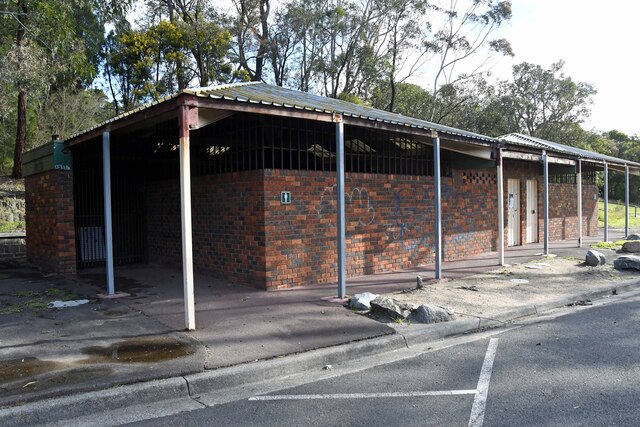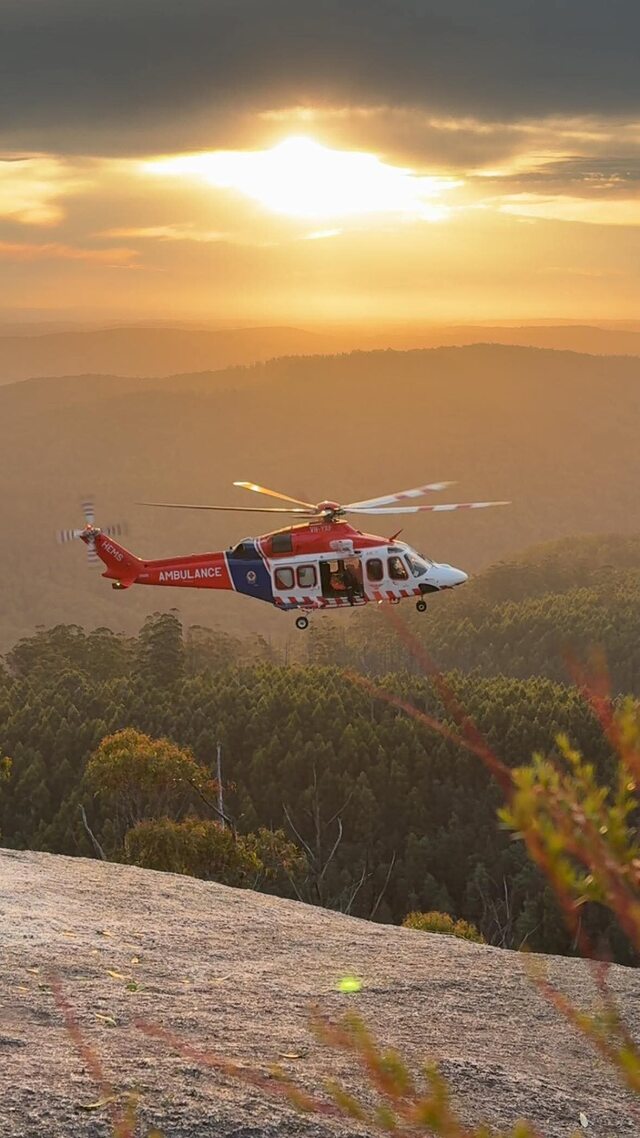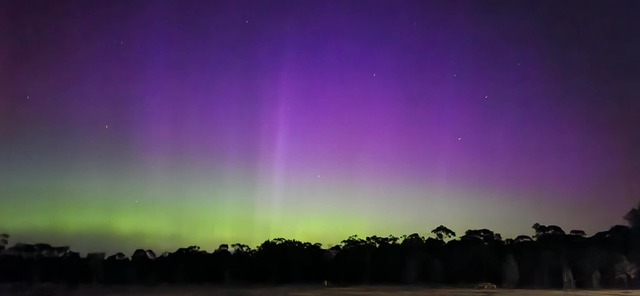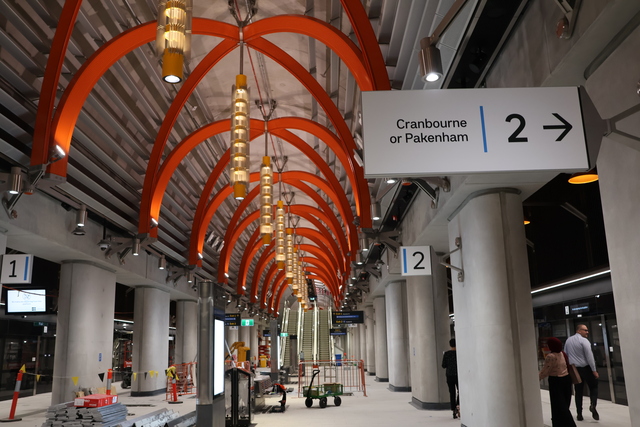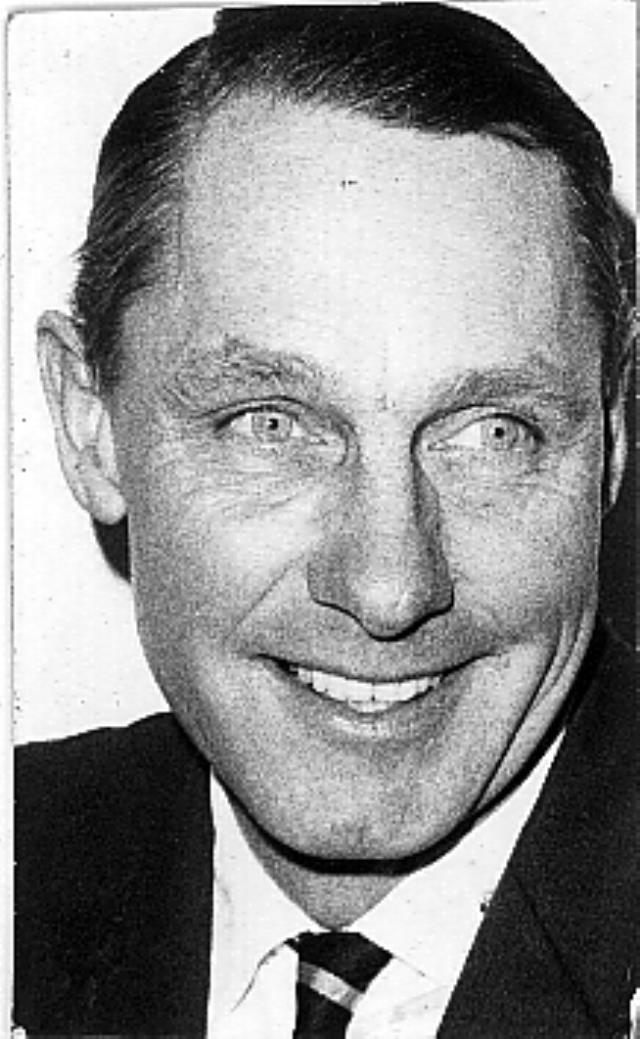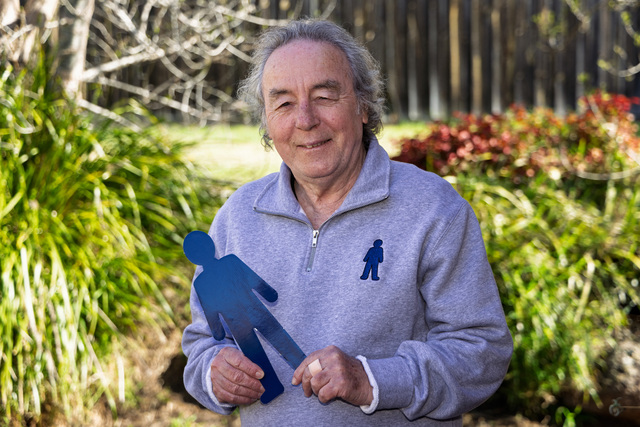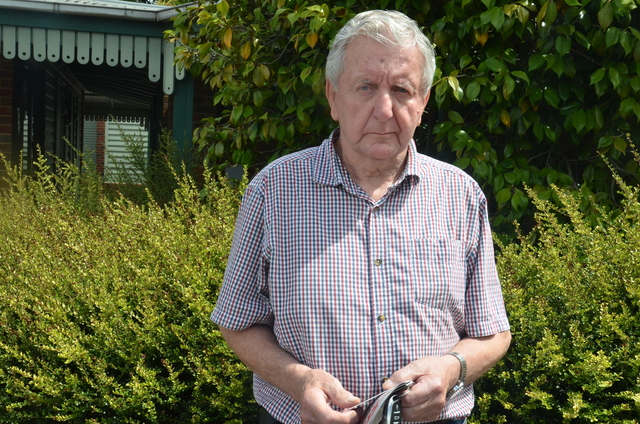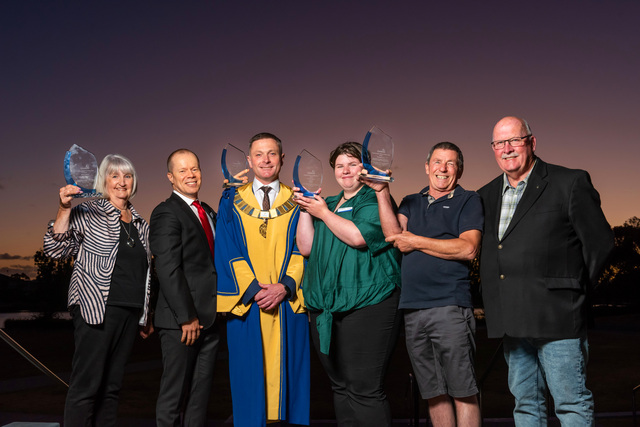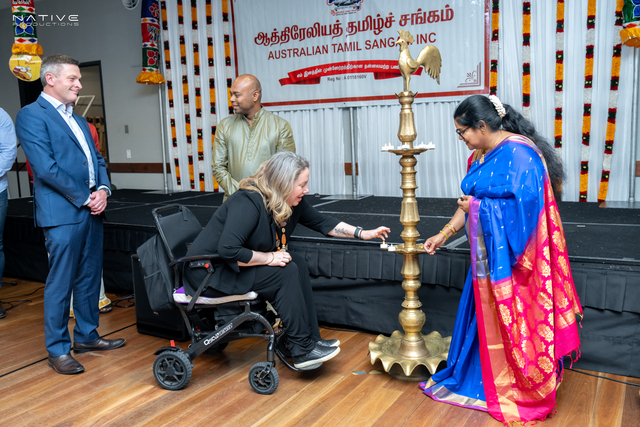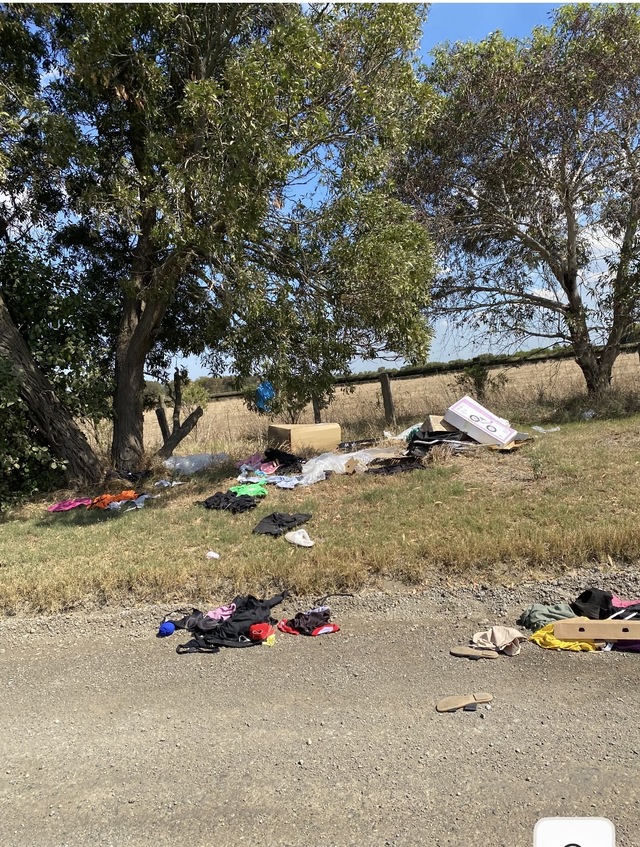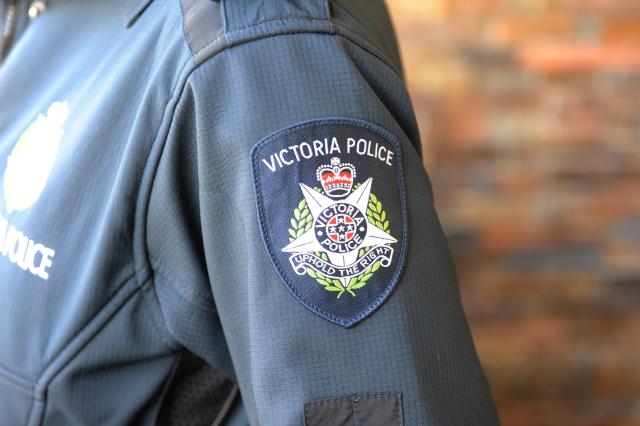By GEORGIA WESTGARTH
A LIFE goal will soon be struck off Darren Murphy’s bucket list when he takes on the demanding 96 kilometre stretch through the Owen Stanley Range in Papua New Guinea.
The Narre Warren paramedic said his excitement is somewhat dimmed by a feeling of the unknown about taking part in the Kokoda youth program run by Victoria Police.
“I’m daunted by the mental and physical challenges that I’m going to encounter looking after myself as well as 41 other people,” he said.
On Friday 19 June Mr Murphy will fly to PNG to walk the historic Kokoda Track.
“Victoria Police run the youth program each year and take 16 teenagers along to try and promote a better relationship between the force and youth,” he said.
KopKoda was started nine years ago and is run through donations from corporate sponsors.
Two paramedics and six police officers will accompany the teenagers and sponsors who make up the team of 43.
Mr Murphy said team members have been training once a week for four months.
“We do hiking and exercise programs, stair climbing in high rise buildings, we’ve tackled some mountains in Mount Macedon, Melbourne and the Dandenong Ranges while carrying a dead weight on our backs, but it’s still nothing on the conditions we’re going to encounter on the trek,” Mr Murphy said.
The team will arrive home on Monday 29 June after eight days trekking in Third World jungle conditions.
“It will be about 28 degrees during the day and 20 plus at night with 80 per cent humidity forecast and a little bit of altitude and rain up to 50 millimetres before dinner time,” he said.
Mr Murphy and the teenage boys and girls have been to numerous educational sessions about the trek and the history behind it.
“Soldiers who were involved in Kokoda itself have given us some perspective on what the journey is all about but have also given us a modern day perspective on conquering the trek.
“I think it will be one of those trips that you’ll look back on in reflection and appreciate what you achieved and the commitment that was required,” he said.
The team will all carry their own personal belongings of up to 15 kilograms on their backs but Mr Murphy and his colleague will carry 20 kilograms each of emergency equipment.
“We’re there for medical support but also to provide mentoring and help grow the relationship between teenagers and emergency services,” Mr Murphy said.
Currently feeling a mixture of emotions prior to the trip, Mr Murphy said he’s still trying to comprehend what the soldiers went through during WWII.
“I’m appreciating the arduous conditions and isolation they would have faced despite all of the equipment and comforts they lacked – the physical and mental challenge of the trip will give everyone perspective on their own lives and a true appreciation for the legacy of the Australians that went to war,” he said.

